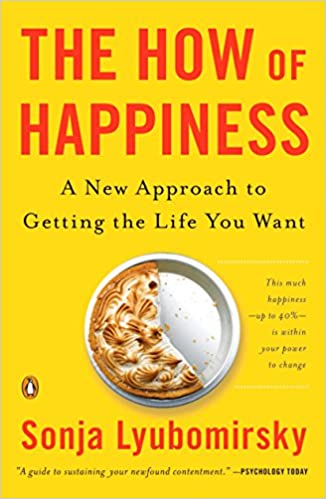Here is what might be called: The Lawyer’s (L’s) Own Witness Problem
An expert witness is giving a deposition. There are three lawyers in the room. The expert witness is giving an opinion in the hire of P (or, presumably on behalf of P). The three lawyers are (1) the lawyer for P, (2) the lawyer for D(i), and (3) the lawyer for D(ii) Consider three-question not to be identified here. L for D(i) gives the objection in the title to Q1. L for D(ii) gives that objection to Q2. D(P) gives that objection to the third question. Can L(P) successfully move to strike the question? Can L(P) successfully move to strike the expert witnesses’ answer but not the question?
Does it matter that L(P) is not an expert witnesses lawyer but P’s lawyers, although L(P) is often referred to as L for the expert witness? (It does not really matter what L is for P. The same problem would arise for the lawyers for the defense
Suppose that the witness is P. Can L(P) appropriately object to L D(i)’s questions? Can L(P) validly move to strike the answer of L(P)? Can L(i) validly move to strike the objection from L(P)? What about a question from L for D(i) that interrupts the question being formulated by L for D(ii)?





Recent Comments